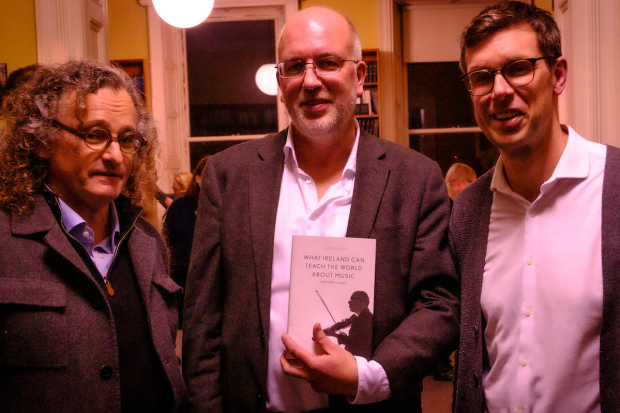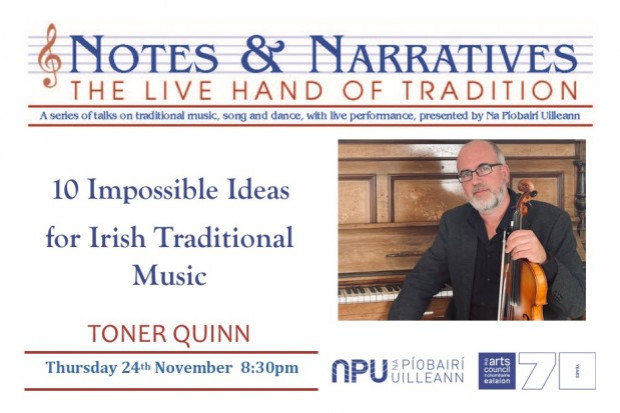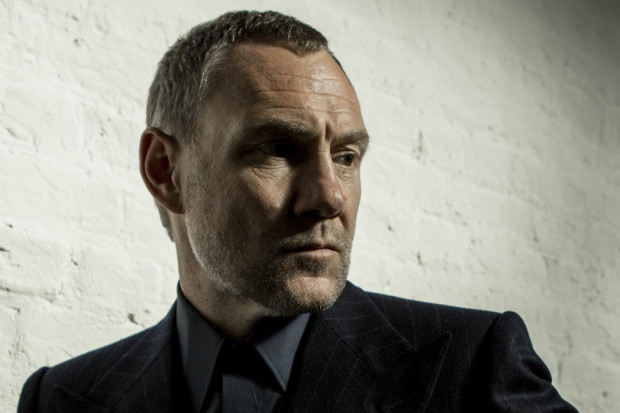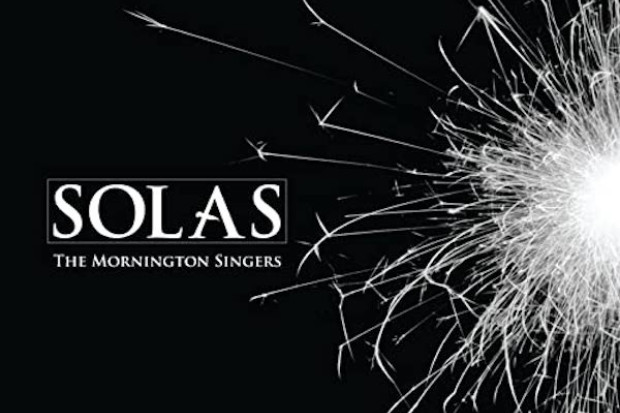
Inni-K
Who Will Invest in Irish Music?
A little while ago, I had a conversation with a man in Conamara, someone who has spent forty years campaigning for the Irish language.
As he related to me some of the details of his campaigns – regular tussles with the state, attemping to elicit support for the minority language community in the west – a question occurred to me: in those forty years, I asked, had any private individual of means ever approached him, intimated that he or she appreciated his efforts, and offered financial support for his ambitious ideas. The answer, to my genuine surprise, was no.
Perhaps he never asked for assistance – it is not necessarily an easier route – but afterwards I did wonder what kind of impact such action might have had, or might still have.
This month, I was reminded of that conversation when I read the new report issued by the Irish Music Rights Organisation, The Socio-Economic Contribution of Music to the Irish Economy.
This substantial report, written by the financial firm Deloitte, includes details on the value of music to the Irish economy (€473 million), the direct employment figures (9,030 when the full and part-time jobs are combined) and it makes several recommendations as to what the Government can do to support the development of the Irish music industry, including the establishment of a central office to support exports and an initiative to focus on intellectual property.
The return and job figures are good, but it is evident from the report that, after decades of international success by Irish artists, and even given the music crash, these figures could be far better – if only the investment had been there. The tech start-up sector, for example, expects to exceed these figures in just a few years, the pharma sector already has, easily. The Irish film sector has ramped up in a shorter period to over 6,000 employed and they are better-paid jobs.
The ‘greatest obstacle’, says the report, is access to finance. Without investment in musicians, composers and music companies, the sector simply cannot grow to meet its potential. Also, according to the report, financial institutions struggle to appreciate the assets of artists and music entrepreneurs because ‘creativity, copyright’ are perceived as ‘intangible’.
It is difficult to see how this will change with this report. It states that ‘strong leadership’ from the state is needed, but is that really where we should be looking to in the first instance?
There is one group of possible investors who do not need to be convinced of the value and potential of music; who understand the industry and recognise its potential; and who can spot the difference between bluff and talent. I am referring, of course, to the successful musicians and music companies that Ireland has already produced.
Investment by high-profile musicians in Irish music has already had one major success: Music Generation, the national music education programme. U2 took the initiative to support it at the start and the Department of Education – which had been intransigent about supporting music education for decades – followed within just a few years. The impact that this initiative could have on the future Irish music industry is incalculable, and I’m sure that seemed quite obvious to the Department as soon as someone else backed it!
Where people of means go, politicians and state policy follows. Witness, as an example, the current obsessive funding of tech start-ups.
There have been other excellent examples of artists contributing back into the scene – the Paul Brady Blas Bursary, the Bill Whelan International Music Bursary, the Chieftains Fund – and the returns in terms of keeping talent in Ireland and contributing to the vibrancy of the music scene are substantial. There may indeed be many other private examples of support by major Irish artists, but perhaps what is needed now is increased public statements of faith in the sector.
Tech start-ups may have the cache, but there are plenty of growing Irish music businesses and ambitious artists that offer an opportunity for investment: the music video making of Arbutus Yarns/Myles O’Reilly, which has already attracted millions of views; the Ergodos label, which has developed a business model custom-made for the digital age and which has the potential to be the next ECM or Nonesuch; the 12 Points jazz festival, which has cleverly found an international niche; the unique Clare Memory Orchestra, which has close associations with Martin Hayes and has had major triumphs with modest resources; the Crash Ensemble, which already has an international reputation and is primed for the next steps; and so many artists and groups, from Lauren Kinsella to Ensemble Eriú, from the Dublin Guitar Quartet to Zoë Conway, and from Inni-k to The Olllam.
It would of course take considerable business nous as well as finance to turn these into significant revenue generators, but as a first step towards focusing attention on the potential in the sector, there could be no more powerful statement than to see successful Irish musicians invest publicly in the next generation.
Read the full IMRO report here.
Published on 1 April 2015
Toner Quinn is Editor of the Journal of Music. His new book, What Ireland Can Teach the World About Music, is available here. Toner will be giving a lecture exploring some of the ideas in the book on Saturday 11 May 2024 at 3pm at Farmleigh House in Dublin. For booking, visit https://bit.ly/3x2yCL8.

















